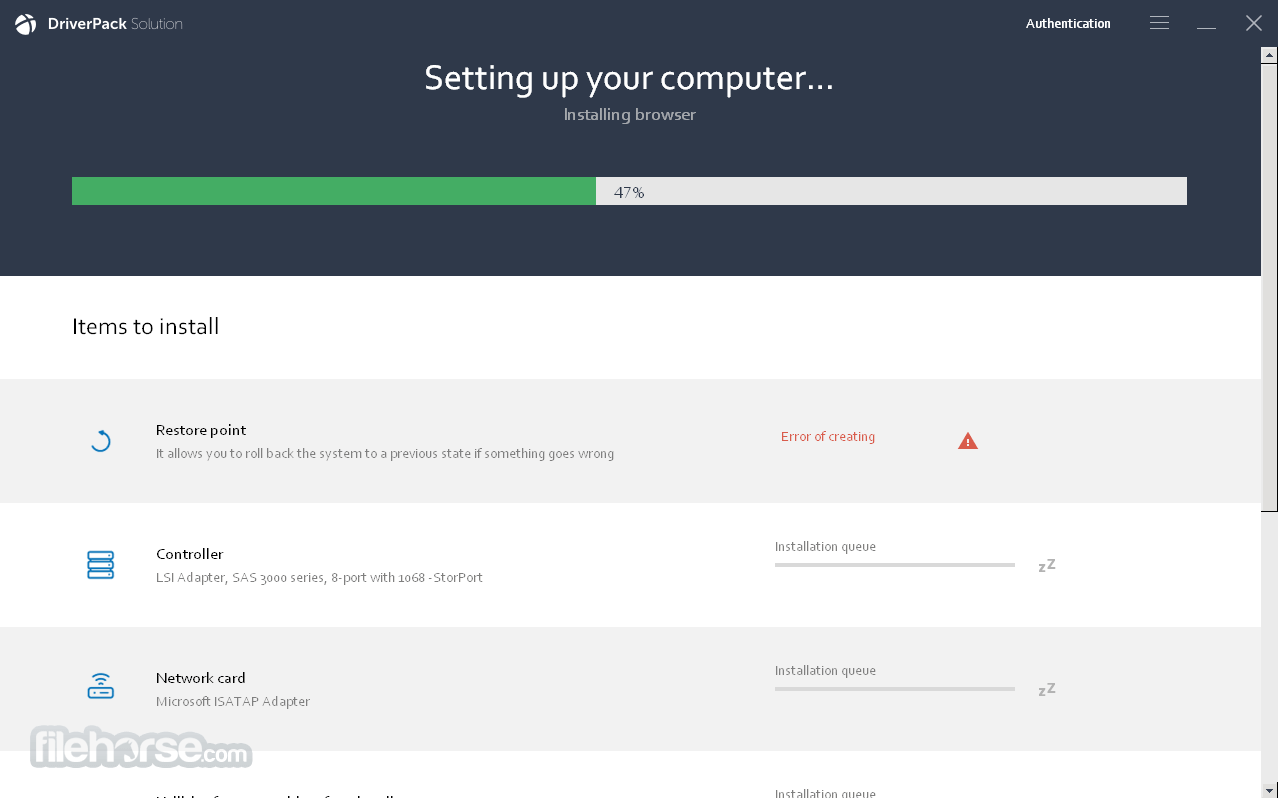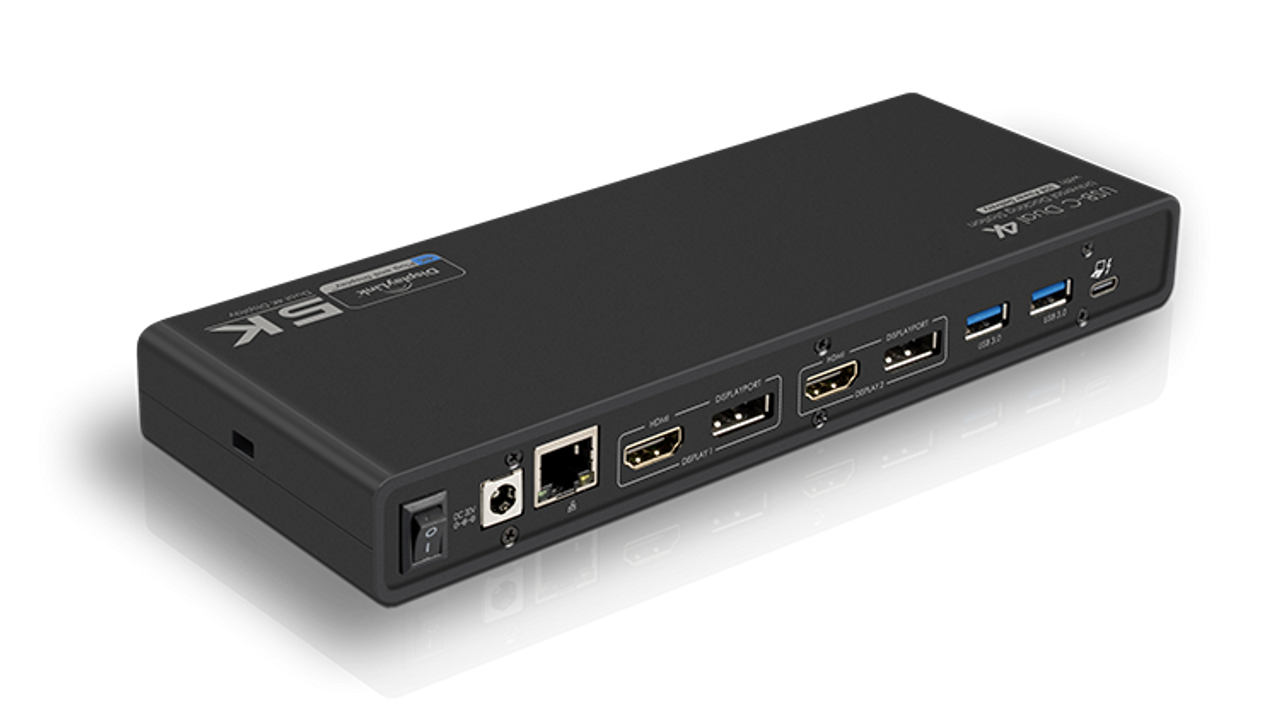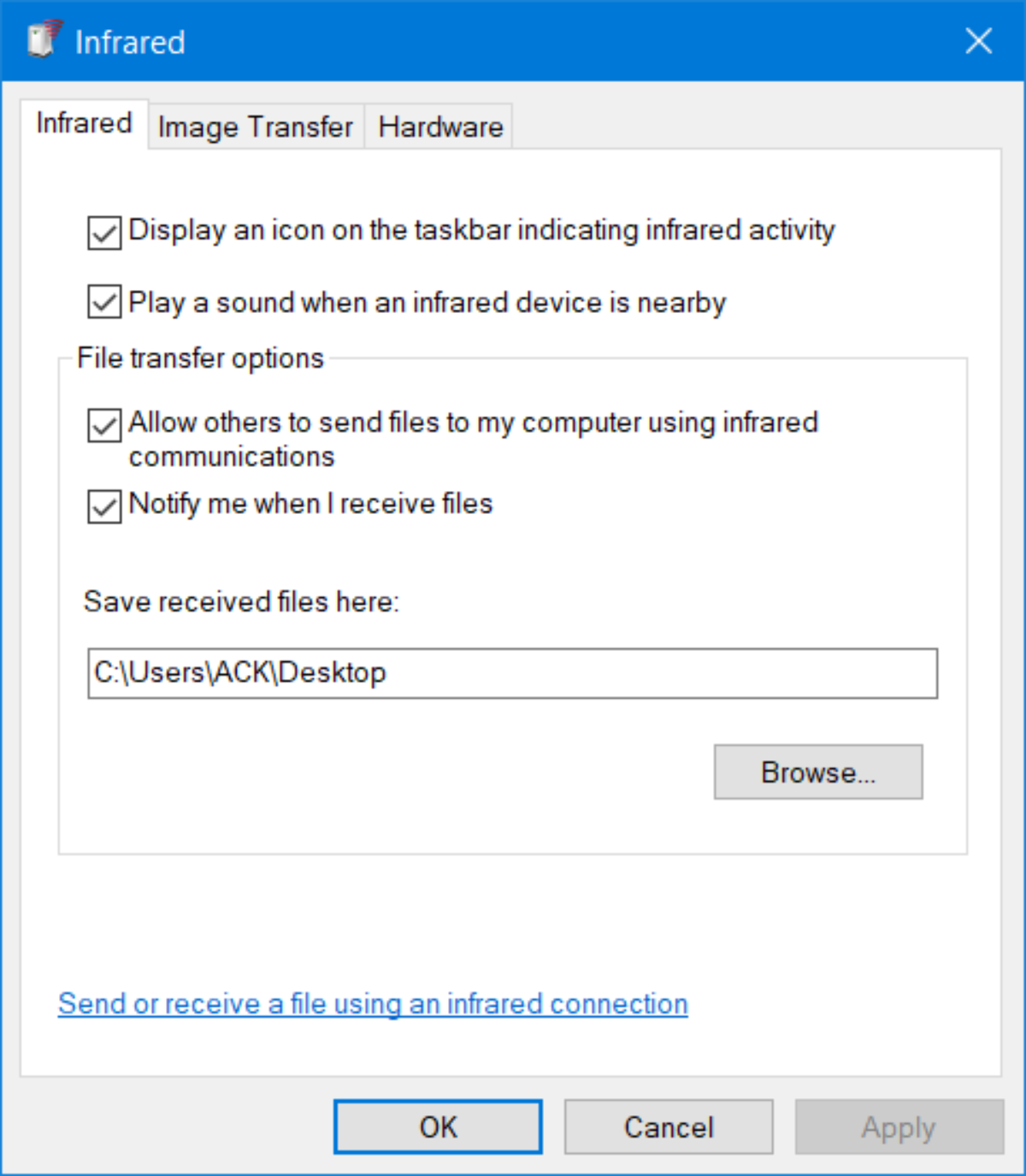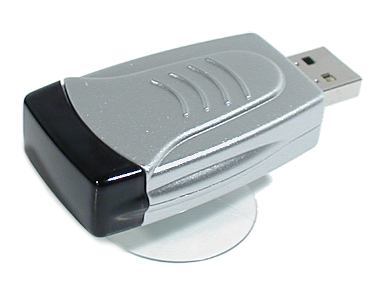Download the latest drivers, software, firmware, and diagnostics for your HP products from the official HP Support website.
- August 22, 2019 2.9.8
Device driver for all The Imaging Source USB cameras except the 33U, 37U, 38U and AFU auto focus series.
Version
2.9.8
Released
August 22, 2019
Type
ZIP
Filesize
3MB
Requirements
- Intel Core i3 or similar, 2 GB RAM
- USB 3.0 controller
- Graphics card with 24 or 32 bit
- Windows 7 (32 & 64 bit), Windows 8 (32 & 64 bit), Windows 10 (32 & 64 bit)
- DirectX 9.0c or higher
Changelog
- Added several internal interfaces for particular sensors (J003).
- January 25, 2019 2.9.6
Device driver for all The Imaging Source USB cameras except the 33U, 37U, 38U and AFU auto focus series.
Version
2.9.6
Released
January 25, 2019
Type
ZIP
Filesize
3MB
Requirements
- Intel Core i3 or similar, 2 GB RAM
- USB 3.0 controller
- Graphics card with 24 or 32 bit
- Windows 7 (32 & 64 bit), Windows 8 (32 & 64 bit), Windows 10 (32 & 64 bit)
- DirectX 9.0c or higher
Changelog
- Added missing Tonemapping Auto property.
- May 4, 2018 2.9.5
Device driver for all The Imaging Source USB cameras except the 33U, 37U, 38U and AFU auto focus series.
Version
2.9.5
Released
May 4, 2018
Type
ZIP
Filesize
3MB
Requirements
- Intel Core i3 or similar, 2 GB RAM
- USB 3.0 controller
- Graphics card with 24 or 32 bit
- Windows 7 (32 & 64 bit), Windows 8 (32 & 64 bit), Windows 10 (32 & 64 bit)
- DirectX 9.0c or higher
Changelog
- Enabled tonemapping for 8bit video formats, e.g. Y800, RGB24 and RGB32.
- November 21, 2017 2.9.4
Device driver for all The Imaging Source USB cameras except the 33U, 37U, 38U and AFU auto focus series.
Version
2.9.4
Released
November 21, 2017
Type
ZIP
Filesize
3.2MB
Requirements
- Intel Core i3 or similar, 2 GB RAM
- USB 3.0 or USB 2.0 controller (depends upon camera model)
- Graphics card with 24 or 32 bit
- Windows XP, Windows Vista, Windows 7 (32 & 64 bit), Windows 8 (32 & 64 bit), Windows 10 (32 & 64 bit)
- DirectX 9.0c or higher
Changelog
- Repaired not working J003 mono sensor pattern fix on particular video formats.
- This driver version is the last that works in Windows XP.
- January 9, 2017 2.9.3
Device driver for all The Imaging Source USB cameras except the 33U, 37U, 38U and AFU auto focus series.
Version
2.9.3
Released
January 9, 2017
Type
ZIP
Filesize
3.2MB
Requirements
- Intel Core i3 or similar, 2 GB RAM
- USB 3.0 or USB 2.0 controller (depends upon camera model)
- Graphics card with 24 or 32 bit
- Windows XP, Windows Vista, Windows 7 (32 & 64 bit), Windows 8 (32 & 64 bit), Windows 10 (32 & 64 bit)
- DirectX 9.0c or higher
Changelog
- Added a pattern fix for J003 mono sensors.
- January 9, 2017 2.9.1
Device driver for all The Imaging Source USB cameras except the 33U, 37U, 38U and AFU auto focus series.
Version
2.9.1
Released
January 9, 2017
Type
ZIP
Filesize
3.2MB
Requirements
- Intel Core i3 or similar, 2 GB RAM
- USB 3.0 or USB 2.0 controller (depends upon camera model)
- Graphics card with 24 or 32 bit
- Windows XP, Windows Vista, Windows 7 (32 & 64 bit), Windows 8 (32 & 64 bit), Windows 10 (32 & 64 bit)
- DirectX 9.0c or higher
Changelog
- Fixed the driver signature Code 52 error on new Windows 10 v1607 systems.
- January 15, 2016 2.8.9
Device driver for all The Imaging Source USB cameras except the 33U, 37U, 38U and AFU auto focus series.
Version
2.8.9
Released
January 15, 2016
Type
ZIP
Filesize
2.3MB
Requirements
- Intel Core i3 or similar, 2 GB RAM
- USB 3.0 or USB 2.0 controller (depends upon camera model)
- Graphics card with 24 or 32 bit
- Windows XP, Windows Vista, Windows 7 (32 & 64 bit), Windows 8 (32 & 64 bit), Windows 10 (32 & 64 bit)
- DirectX 9.0c or higher
Changelog
- Changed certificates so that the driver can also be installed in Vista.
- November 9, 2015 2.8.7
Device driver for all The Imaging Source USB cameras except the 33U, 37U, 38U and AFU auto focus series.
Version
2.8.7
Released
November 9, 2015
Type
ZIP
Filesize
2.3MB
Requirements
- Intel Core i3 or similar, 2 GB RAM
- USB 3.0 or USB 2.0 controller (depends upon camera model)
- Graphics card with 24 or 32 bit
- Windows XP, Windows Vista, Windows 7 (32 & 64 bit), Windows 8 (32 & 64 bit), Windows 10 (32 & 64 bit)
- DirectX 9.0c or higher
Changelog
- Fixed an error which can appear when using sharpness on older CPUs.
- October 20, 2015 2.8.5
Device driver for all The Imaging Source USB cameras except the 33U, 37U, 38U and AFU auto focus series.
Version
2.8.5
Released
October 20, 2015
Type
ZIP
Filesize
2.3MB
Requirements
- Intel Core i3 or similar, 2 GB RAM
- USB 3.0 or USB 2.0 controller (depends upon camera model)
- Graphics card with 24 or 32 bit
- Windows XP, Windows Vista, Windows 7 (32 & 64 bit), Windows 8 (32 & 64 bit), Windows 10 (32 & 64 bit)
- DirectX 9.0c or higher
Changelog
- Fixed a bug which can appear on LivePause call.
- July 15, 2015 2.8.0
Device driver for all The Imaging Source USB cameras except the 33U, 37U, 38U and AFU auto focus series.
Version
2.8.0
Released
July 15, 2015
Type
ZIP
Filesize
2.4MB
Requirements
- Intel Core i3 or similar, 2 GB RAM
- USB 3.0 or USB 2.0 controller (depends upon camera model)
- Graphics card with 24 or 32 bit
- Windows XP, Windows Vista, Windows 7 (32 & 64 bit), Windows 8 (32 & 64 bit), Windows 10 (32 & 64 bit)
- DirectX 9.0c or higher
Changelog
- Support of DFK ECU010-L34 with serial number property.
- Added tone mapping.
- February 17, 2015 2.7.33
Device driver for all The Imaging Source USB cameras except the 33U, 37U, 38U and AFU auto focus series.
Version
2.7.33
Released
February 17, 2015
Type
ZIP
Filesize
2.4MB
Requirements
- Intel Core i3 or similar, 2 GB RAM
- USB 3.0 or USB 2.0 controller (depends upon camera model)
- Graphics card with 24 or 32 bit
- Windows XP, Windows Vista, Windows 7 (32 & 64 bit), Windows 8 (32 & 64 bit), Windows 10 (32 & 64 bit)
- DirectX 9.0c or higher
Changelog
- The Auto Focus Onepush Running flag now resets correctly after the auto focus has finished.
- February 5, 2015 2.7.32
Device driver for all The Imaging Source USB cameras except the 33U, 37U, 38U and AFU auto focus series.
Version
2.7.32
Released
February 5, 2015
Type
ZIP
Filesize
2.4MB
Requirements
- Intel Core i3 or similar, 2 GB RAM
- USB 3.0 or USB 2.0 controller (depends upon camera model)
- Graphics card with 24 or 32 bit
- Windows XP, Windows Vista, Windows 7 (32 & 64 bit), Windows 8 (32 & 64 bit), Windows 10 (32 & 64 bit)
- DirectX 9.0c or higher
Changelog
- Video format MJPG (2592x1944) of DFK AFU050-L34 camera can now be used.
- January 14, 2015 2.7.31
Device driver for all The Imaging Source USB cameras except the 33U, 37U, 38U and AFU auto focus series.
Version
2.7.31
Released
January 14, 2015
Type
ZIP
Filesize
2.3MB
Requirements
- Intel Core i3 or similar, 2 GB RAM
- USB 3.0 or USB 2.0 controller (depends upon camera model)
- Graphics card with 24 or 32 bit
- Windows XP, Windows Vista, Windows 7 (32 & 64 bit), Windows 8 (32 & 64 bit), Windows 10 (32 & 64 bit)
- DirectX 9.0c or higher
Changelog
- Support for IMX236 based cameras.
- Support for RGB64 color formats.
- Several performance improvements.
- June 6, 2014 2.7.9.1152
Device driver for all The Imaging Source USB cameras except the 33U, 37U, 38U and AFU auto focus series.
Version
2.7.9.1152
Released
June 6, 2014
Type
ZIP
Filesize
2.1MB
Requirements
- Intel Core i3 or similar, 2 GB RAM
- USB 3.0 or USB 2.0 controller (depends upon camera model)
- Graphics card with 24 or 32 bit
- Windows XP, Windows Vista, Windows 7 (32 & 64 bit), Windows 8 (32 & 64 bit), Windows 10 (32 & 64 bit)
- DirectX 9.0c or higher
Changelog
- Added new properties: Brightness, sharpness, de-noise, saturation, hue and contrast.
- Added new property: Highlight reduction.
- Added new property: White balance temperature controls.
- Pixelfix for Y16 cameras now works as expected.
- VideoControl_ExternalTrigger (DirectShow property) can now be set as expected.
- January 1, 2014 2.6.5.1014
Device driver for all The Imaging Source USB cameras except the 33U, 37U, 38U and AFU auto focus series.
Version
2.6.5.1014
Released
January 1, 2014
Type
ZIP
Filesize
1.9MB
Requirements
- Intel Pentium IV or similar, 2 GB RAM
- USB 3.0 or USB 2.0 controller (depends upon camera model)
- Graphics card with 24 or 32 bit
- Windows XP, Windows Vista, Windows 7 (32 & 64 bit), Windows 8 (32 & 64 bit)
- DirectX 9.0c or higher
Changelog
- Fixed missing auto-gain for DFK AFU130.
- Fixed focus when start value is out of auto_focus_range.
- Fixed problem with AUTOFOCUS_ROI_RIGHT: minimum possibly wrong.
- Fixed auto focus ROI not working for 21*UC cameras.
- Fixed crash on load/connect with certain cameras 22/72xUC.
- Fixed previous exposure settings not being loaded on reconnect.
- Complete reworking of internal property system.
- Fixed Windows XP driver load crash.
- Fixed drop counter to be accessible from DirectShow.
- Fixed Windows 8 problem with certain video formats needing converters with standard DirectShow filters (e.g. Y800, capturing to an Y800 avi file was not possible).
- Fixed a problem with Windows 8 usbxhci driver not allowing transfers larger then 4 MB.
- February 26, 2013 2.4.14.851
Device driver for all The Imaging Source USB cameras except the 33U, 37U, 38U and AFU auto focus series.
Version
2.4.14.851
Released
February 26, 2013
Type
ZIP
Filesize
1.9MB
Requirements
- Intel Pentium IV or similar, 2 GB RAM
- USB 3.0 or USB 2.0 controller (depends upon camera model)
- Graphics card with 24 or 32 bit
- Windows XP, Windows Vista, Windows 7 (32 & 64 bit), Windows 8 (32 & 64 bit)
- DirectX 9.0c or higher
Changelog
- WHQL certification.

Select and hold (or right-click) the device and select Update driver software. From the context menu. In the wizard, select Browse my computer for driver software. Select Let me pick from a list of device drivers on my computer. From the list of device classes, select Universal Serial Bus devices. The wizard displays WinUsb Device. Select it to load the driver. Having an issue with your display, audio, or touchpad? Whether you're working on an Alienware, Inspiron, Latitude, or other Dell product, driver updates keep your device running at top performance. Step 1: Identify your product above. Step 2: Run the detect drivers scan to see available updates. Step 3: Choose which driver updates to install.


 -->
-->Universal Serial Bus (USB) provides an expandable, hot-pluggable Plug and Play serial interface that ensures a standard, low-cost connection for peripheral devices such as keyboards, mice, joysticks, printers, scanners, storage devices, modems, and video conferencing cameras. Migration to USB is recommended for all peripheral devices that use legacy ports such as PS/2, serial, and parallel ports.
The USB-IF is a Special Interest Groups (SIGs) that maintains the Official USB Specification, test specifications and tools.
Windows operating systems include native support for USB host controllers, hubs, and devices and systems that comply with the official USB specification. Windows also provides programming interfaces that you can use to develop device drivers and applications that communicate with a USB device.
Drivers Digitalks Usb Devices Wireless Adapter
| USB in WindowsWindows 10: What's new for USB Overview of new features and improvements in USB in Windows 10. USB FAQFrequently asked questions from driver developers about the USB stack and features that are supported in USB. Microsoft OS Descriptors for USB DevicesWindows defines MS OS descriptors that allows better enumeration when connected to system running Windows operating system Microsoft-provided USB driversUSB device-side drivers in WindowsA set of drivers for handling common function logic for USB devices. USB host-side drivers in WindowsMicrosoft provides a core stack of drivers that interoperate with devices that are connected to EHCI and xHCI controllers. USB-IF device class driversWindows provides in-box device class drivers for many USB-IF approved device classes, audio, mass storage, and so on. USB generic function driver–WinUSBWindows provides Winusb.sys that can be loaded as a function driver for a custom device and a function of a composite device. USB generic parent driver for composite devices–UsbccgpParent driver for USB devices with multiple functions. Usbccgp creates physical device objects (PDOs) for each of those functions. Those individual PDOs are managed by their respective USB function drivers, which could be the Winusb.sys driver or a USB device class driver. WDF extension for developing USB drivers
Get information about the tools that you can use to test your USB hardware or software, capture traces of operations and other system events, and observe how the USB driver stack responds to a request sent by a client driver or an application. Read an overview of tests in the Hardware Certification Kit that enable hardware vendors and device manufacturers to prepare their USB devices and host controllers for Windows Hardware Certification submission. Other Resources for USB Official USB SpecificationProvides complete technical details for the USB protocol. Microsoft Windows USB Core Team BlogCheck out posts written by the Microsoft USB Team. The blog focuses on the Windows USB driver stack that works with various USB Host controllers and USB hubs found in Windows PC. A useful resource for USB client driver developers and USB hardware designers understand the driver stack implementation, resolve common issues, and explain how to use tools for gathering traces and log files. OSR Online Lists - ntdevDiscussion list managed by OSR Online for kernel-mode driver developers. Windows Dev-Center for Hardware DevelopmentMiscellaneous resources based on frequently asked questions from developers who are new to developing USB devices and drivers that work with Windows operating systems. USB-related videos UWP apps for USB devicesUnderstanding USB 3.0 in Windows 8Building great USB 3.0 devicesUSB Debugging Innovations in Windows 8 (Part I, II, & III)USB hardware for learning MUTT devicesMUTT and SuperMUTT devices and the accompanying software package are integrated into the HCK suite of USB tests. They provide automated testing that can be used during the development cycle of USB controllers, devices and systems, especially stress testing. OSR USB FX2 Learning KitIf you are new to USB driver development. The kit is the most suitable to study USB samples included in this documentation set. You can get the learning kit from OSR Online Store. | Write a USB client driver (KMDF, UMDF) Introduces you to USB driver development. Provides information about choosing the most appropriate model for providing a USB driver for your device. This section also includes tutorials about writing your first user-mode and kernel-mode USB drivers by using the USB templates included with Microsoft Visual Studio. Write a USB host controller driverIf you are developing an xHCI host controller that is not compliant with the specification or developing a custom non-xHCI hardware (such as a virtual host controller), you can write a host controller driver that communicates with UCX. For example, consider a wireless dock that supports USB devices. The PC communicates with USB devices through the wireless dock by using USB over TCP as a transport.
You can develop a controller driver that handles all USB data transfers and commands sent by the host to the device. This driver communicates with the Microsoft-provided USB function controller extension (UFX). USB function class extension (UFX) reference Write a USB Type-C connector driverWindows 10 introduces support for the new USB connector: USB Type-C. You can write a driver for the connector that communicates with the Microsoft-provided class extension module: UcmCx to handle scenarios related to Type-C connectors such as, which ports support Type-C, which ports support power delivery. USB connector manager class extension (UcmCx) reference Write a USB dual-role controller driverUSB Dual Role controllers are now supported in Windows 10. Windows includes in-box client drivers for ChipIdea and Synopsys controllers. For other controllers, Microsoft provides a set of programming interfaces that allow the dual-role class extension (UrsCx) and its client driver to communicate with each other to handle the role-switching capability of a dual-role controller. For more information about this feature, see: USB dual-role controller driver programming reference Write a USB driver for emulated devicesWindows 10 introduces support for emulated devices. Now you can develop an emulated Universal Serial Bus (USB) host controller driver and a connected virtual USB device. Both components are combined into a single KMDF driver that communicates with the Microsoft-provided USB device emulation class extension (UdeCx). Emulated USB host controller driver programming reference Write a UWP appProvides step-by-step instructions about implementing USB features in a UWP app. To write such an app for a USB device you need Visual Studio and Microsoft Windows Software Development Kit (SDK) . Write a Windows desktop appDescribes how an application can call WinUSB Functions to communicate with a USB device. WinUSB functions Common programming scenariosList of common tasks that a driver or an app performs in order to communicate with a USB device. Get quick info about the programming interfaces you need for each task. USB samples Development tools Download kits and tools for Windows |